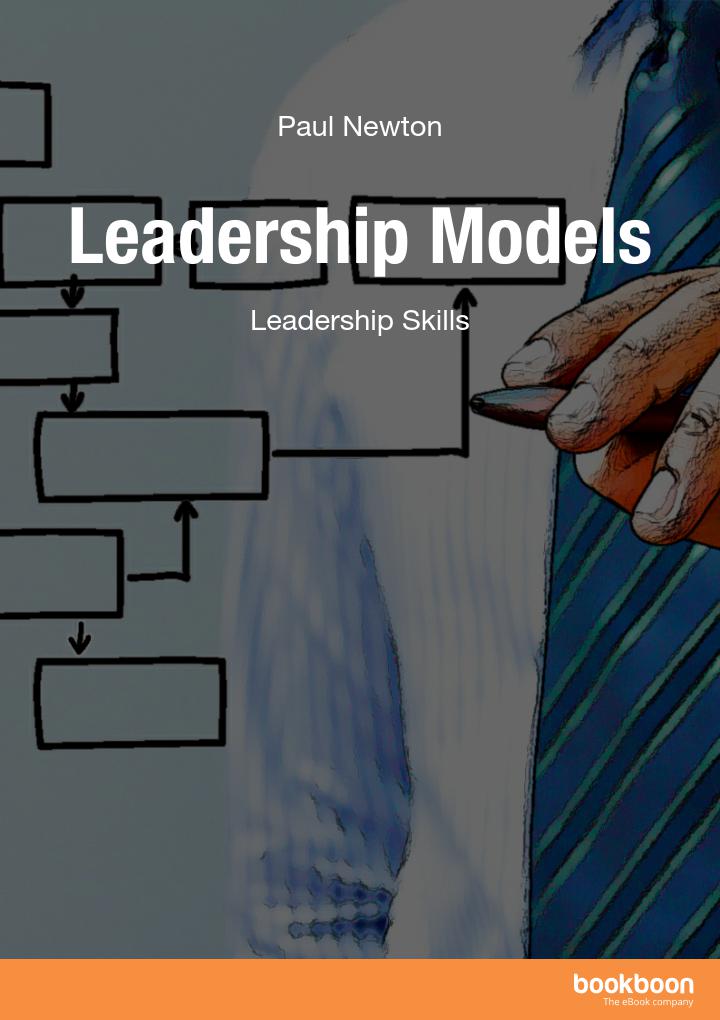Leadership Skills: How to Use Leadership Theory to Your Advantage

As an employer, you know how important it is to hire workers with strong soft skills, especially with strong leadership skills. But many employers and hiring managers are not clear about exactly what makes a good leader in the workplace. You have probably heard that effective leaders possess personal characteristics and behavioral traits that contribute to their effectiveness. As you interview prospective employees, you may look for character traits such as maturity, confidence, and drive.
However, current leadership theory reveals that many distinguished leaders often lack the qualities most often associated with leadership. It turns out that good employees without some of these traits can learn to become strong, effective leaders.
A Changing Focus on Effective Leadership
Recent studies show that there are many other ways of looking at leadership than so-called “trait theories” that focus strictly on personality and character traits. Experts now believe that leadership behavior can be learned and is not based on intrinsic qualities that a prospective employee may or may not possess. Current leadership theories cover a broader range of principles. It now appears that there are different leadership styles that fit different situations, and circumstances often bring out leadership behaviour in employees.
Types of Leadership Theories
A working knowledge of the leadership theories can help you hire the right people and put together the best possible team, enabling you to get the job done with a minimum of drama and delays. Project managers can use leadership theory to improve their performance as head of a team. Older trait theories provided a list of required personal characteristics associated with leadership, and otherwise, highly qualified candidates were often discounted if he or she did not possess those particular traits. Current theories focus more on what leaders actually do to get the job done.
Choosing the leadership principles that makes the most sense for your company is up you. By acquiring a working knowledge of the more popular leadership theories, you can choose to apply the ideas that are most relevant to your situation.
- Trait Theories
Under trait theories, leaders display honesty, emotional maturity, strong motivation, and drive as well as cognitive ability. Experts now recognize that that many great historical leaders did not possess these traits, but were effective leaders nonetheless.
- Contingency Theories
The underlying principle of contingency leadership theories is that there is no one leadership style that fits all situations. The attributes of the individuals involved in the team are also important to the outcome of the project.
- Situational Theories
Situational theories emphasize the idea that leaders are prompted to behave in a way that is determined by the circumstances of the task at hand. This is true whether they are acting alone or if they are supported by others who also see the path to success.
- Transformational Theories
In transformational leadership theory, a strong leader inspires followers by emphasizing the significance of the task at hand. By enabling team members to feel they are performing an important task, the team leader can motivate the team to perform well.
Underlying Principles of Leadership
Current leadership theories state that good leaders reconcile the goals of the project with the interests of team members. Making sense of divergent theories means understanding the relationship between the leader and the team, the range of management styles, and the degree to which team members are allowed to have their voices heard. Project managers can make sure that the members of the team are well invested in the project to attain the best result.
Leadership theories also delve into the project manager’s ability to define the task, communicate feedback to team members along the way, and remove obstacles that may come up in order to promote the success of the project without delays. Some theories underscore the importance of allowing team members to do what they do best, while other theories stress a more goal-oriented and authoritarian approach.
To put leadership in a different light, the Zenger & Folkman’s theory lists leadership flaws that can hinder the success of a project. Under this theory, leaders are encouraged to analyze their own behaviour to determine if they resisting new ideas, using poor judgment or failing to develop the abilities of team members.
The Importance of Leadership Theories
For employers, understanding basic leadership principles is key to hiring the right people and placing them in the right positions. Studying leadership principles can also help project managers and others improve their leadership skills. The payoff is smoother running projects that are completed successful and within an acceptable time framework.
Professional Development
The Bookboon eLibrary Solution benefits employers who want to create a stronger and more competent workforce. By tapping into the soft skills topics such as leadership at the Bookboon eLibrary, employees can strengthen their knowledge and improve their performance in the workplace.
The eLibrary Solution at Bookboon provides concise and engaging eBooks on a wide variety of topics.
More interesting blog articles:




